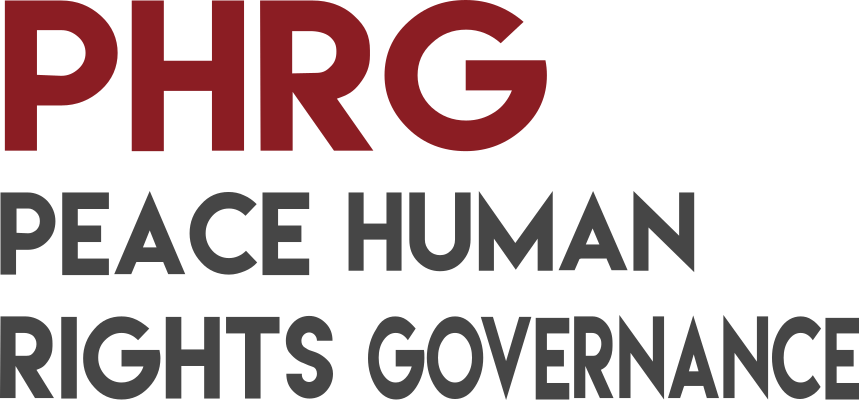In a time when democracy is under attack through a proliferation of military regimes, it is essential to resolve the legal problem of representation between the ECOWAS state as a legal entity and de facto regimes who acquire the capacity to act on behalf of the state. Using the principal-agent theory and case studies, this article will attempt to resolve problems with representation of a state by a de facto government. It will argue that de facto governments should not be seen as authentic agents of the state and cannot act on its behalf, especially in the context of multilateralism. This is because the sovereignty costs incurred under a multilateral obligation such as The ECOWAS Protocol on Democracy and Good Governance allow for state accountability towards democratic governance. The article concluded that there are great implications for the state as a legal entity when a de facto government is in power, however, that popular support of such a government can ratify its lack of legitimacy
The ECOWAS State: Principal-Agent Theory and De Facto Governments in a Time of Democratic Crisis
Abstract
Keywords
Download
Lalude O. M., Idowu O. I., Akeredolu T. P. (2024) "The ECOWAS State: Principal-Agent Theory and De Facto Governments in a Time of Democratic Crisis
", Peace Human Rights Governance, 8(2), 205-226. DOI: 10.25430/pupj-PHRG-2024-2-3
Year of Publication
2024
Journal
Peace Human Rights Governance
Volume
8
Issue Number
2
Start Page
205
Last Page
226
Date Published
12/2024
ISSN Number
2532-3474
Serial Article Number
3
DOI
10.25430/pupj-PHRG-2024-2-3
Section
Articles

 © 2026 Padova University Press - Università degli Studi di Padova
© 2026 Padova University Press - Università degli Studi di Padova